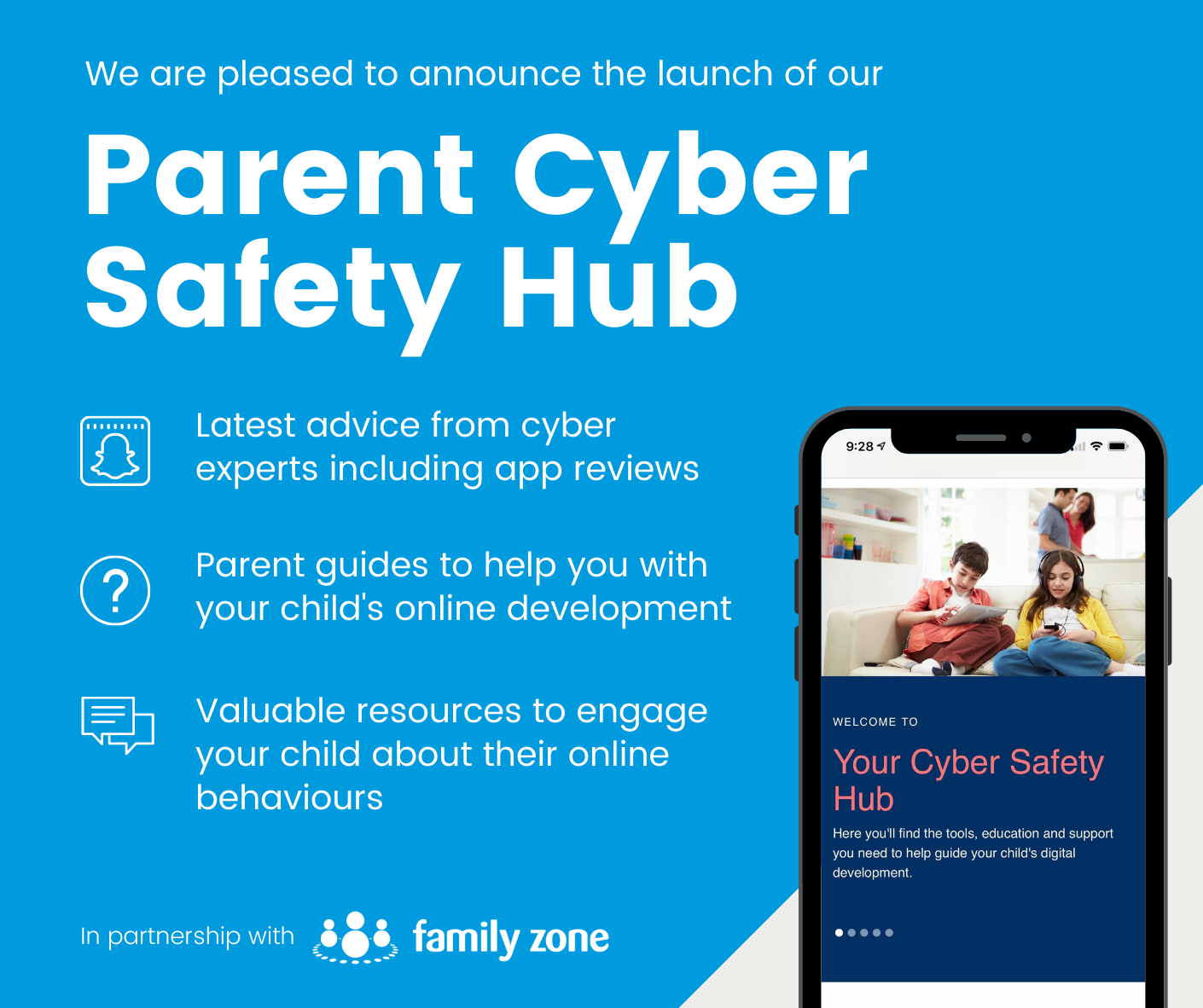Cyber Safety

'This call may be recorded ... ' The scary truth about voice profiling
The automated message “this call may be recorded for training purposes” is all too familiar to most of us. But few are aware that those words conceal a darker purpose - or that an Orwellian revolution in voice-profiling is just around the corner.
What exactly are “training purposes”? Turns out, that’s a really good question. Because the evidence shows our voices - our children’s voices very much included - are being routinely captured to create high-tech tools for corporate profit.
The title of a new book says it all: The Voice Catchers: How Marketers Listen into Exploit Your Feelings, Your Privacy, and Your Wallet. In it, author Joseph Turow shows how businesses that specialise in personalised selling are mining our “voiceprints” to target their messages with laser-sharp aim.
Using biometric technology, companies are able to analyse the emotions, moods and personalities of customer service callers. But smart speakers and smartphones are also constantly capturing what we say and the way we say it.
TikTok’s privacy policy claims the right to collect users’ voiceprints but is cagey about exactly why it is doing so.
At the moment, biometric tech is limited to recognising basic mood states. Take Alexa, for example. “When she recognises you’re frustrated with her, Alexa can now try to adjust, just like your or I would do,” explains Rohit Prasad, Amazon’s chief Alexa scientist.
Soon, however, companies may be able to accurately determine your weight, height, age, ethnicity, and more — characteristics that scientists believe can be revealed by the human voice, according to Turow.
He points to the “extraordinary patent” received in January by music streaming service Spotify for technology with the ability to detect users' emotional state, gender, age, accent and “numerous other characterizations.”
TikTok’s privacy policy claims the right to collect users’ voiceprints but is cagey about exactly why it is doing so.
Google has patented technology that can analyse patterns of household movement using special microphones and can figure out which family member is in which room, based on voice signatures.
And it’s not only in the home that this kind of surveillance will soon become a way of life. Plenty of hotels have already added voice assistants to their rooms, while Amazon’s Alexa and Google’s Assistant are being built into the walls of new homes.
Advertisers, meanwhile, are starting to explore their own ways of exploiting customers’ voiceprints.
Where's the good news?
On the brighter side, experts predict that as we enter a “voice-first” era, we’ll be able to speak conversationally to our devices to send messages, get assistance or give instructions. What’s more, there’s evidence that a person’s voiceprint may also yield early-warning signals of diseases like Alzheimer’s and Parkinson’s.
But the privacy implications are downright scary.
In the near future, Turow says, we might find voice data being used to shape our access to all kinds of services, from fancy restaurants to higher education - not to mention our voice identities being sold to marketers without our permission, in much the same way that our personal information is already harvested and hawked to the highest bidder.
Where does consent fit in?
Good question. It pretty much doesn’t. Biometric privacy laws are rare, and where they do exist, as in the European Union, experts say they don’t go far enough to put an end to voice profiling.
Until those laws are strengthened, says Turow, “companies will gain customers’ approval by promoting the seductive value of voice-first technologies and exploiting people’s habit-forming tendencies, and by stopping short of explaining how voice analysis will actually work.”
Reference: https://www.familyzone.com/anz/families/blog/this-call-may-be-recorded-voice-profiling
Cyber Safety Hub
We are delighted to introduce you to a new resource made available to you through our partnership with Family Zone - our new school Cyber Safety Hub.
As you may already be aware, our partnership provides your family with access to the Family Zone tools to use at home with your children if you wish. The purpose of the Cyber Safety Hub is to complement those tools with practical guidance and information to further support you in engaging with your children in their digital development. These tools and resources also allow the school and parent body to work together on creating a holistic approach to guiding each student's online journey.
About the Parent Cyber Safety Hub
The Cyber Safety Hub includes resources to help your family better understand the different Family Zone tools available to you and how to use them, plus access to regular cyber safety events to help you stay informed about the latest digital trends.
Also, the Cyber Safety Hub provides expert advice from leading cyber experts, ySafe, on the most pertinent issues and frequently asked questions around platforms like TikTok, Fortnite, Instagram, and more. There are app reviews with age and safety recommendations, along with a range of guides to help ensure healthy boundaries around screen-time & gaming, plus step-by-step instructions for using parental controls and filtering out inappropriate content.
We are very excited to be able to offer you this level of expertise and support. We look forward to working closely with you as we develop the cyber safety conversation within our school community.



